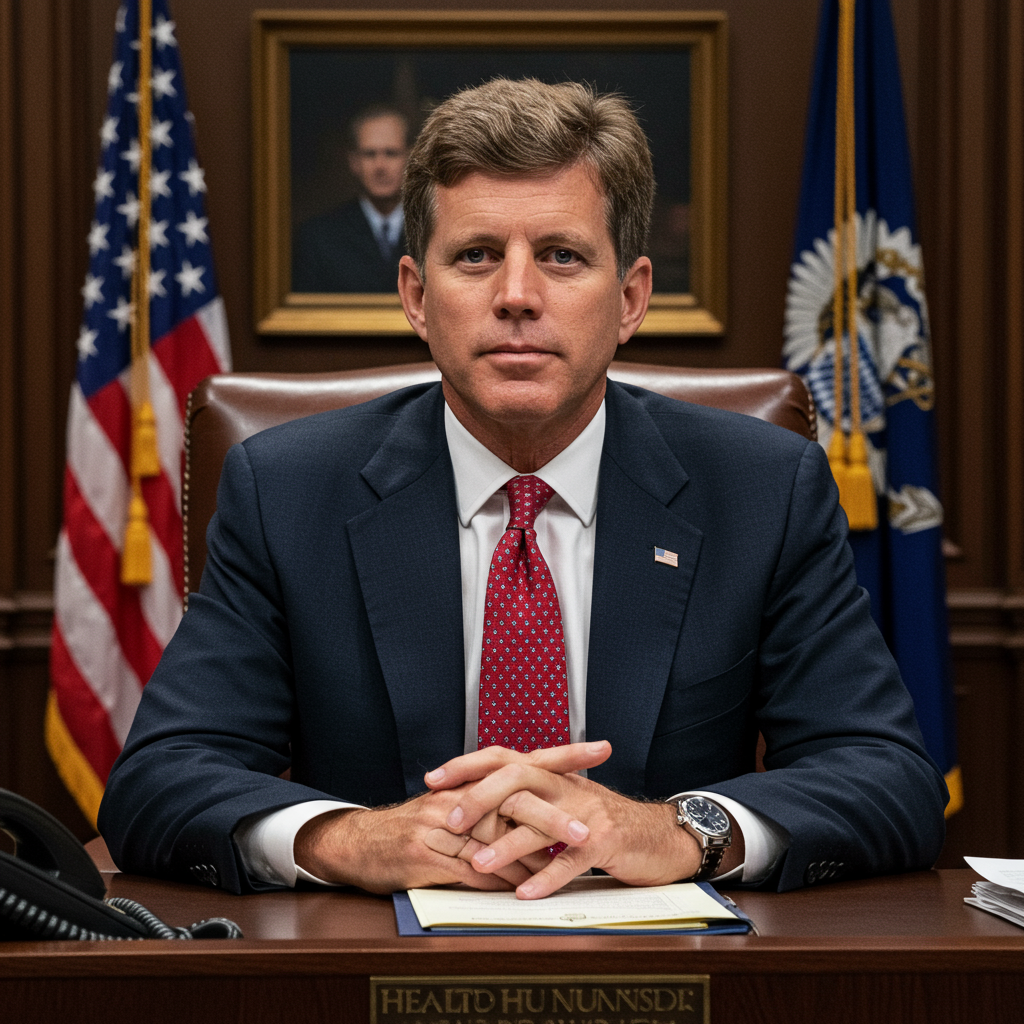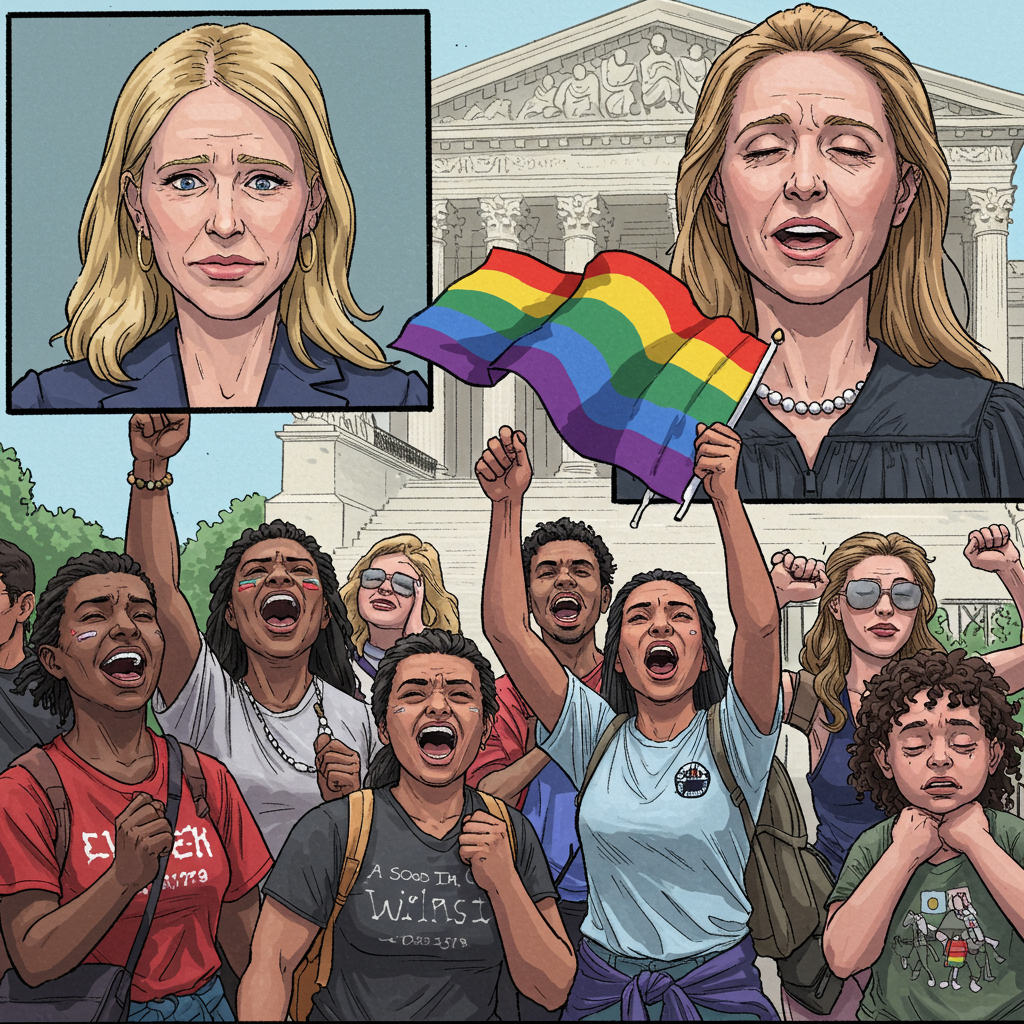RFK Jr. Overhauls CDC Vaccine Advisory Committee, Drawing Sharp Criticism
Robert F. Kennedy Jr., serving as Health and Human Services Secretary, has taken the dramatic step of removing all 17 members of the crucial government panel that advises the Centers for Disease Control and Prevention (CDC) on vaccine use. Days after dismissing the entire existing roster, Kennedy announced the appointment of eight new members to the Advisory Committee on Immunization Practices (ACIP).
ACIP plays a vital role in shaping U.S. immunization policy. The independent scientific committee reviews extensive vaccine data and makes recommendations that inform national immunization schedules for all age groups, influence federal policies including insurance coverage requirements, and contribute to liability protections. ACIP’s recommendations become official CDC policy once approved by the CDC director.
Justification and Controversial Appointments
Kennedy defended the mass removal, which reduced the panel from 17 to the minimum required eight members, as necessary to “re-establish public confidence in vaccine science.” In an opinion piece, he argued that a “clean sweep” was needed and claimed the ousted members, many appointed under the prior administration, had undisclosed conflicts of interest. He also stated this action allows the current administration to appoint a majority of new members sooner than the previous structure would have allowed, which he claimed would have locked in the prior administration’s influence until 2028.
However, critics and former committee members dispute the conflict-of-interest claims, stating their work involved rigorous vetting of financial ties and abstaining from relevant votes.
The newly appointed members include several individuals known for their critical views on vaccines or established public health approaches. Among the prominent figures is Dr. Robert Malone, who has become a leading voice critical of mRNA vaccines and public health policies, despite claiming a key role in early mRNA vaccine technology development. Other appointees include Retsef Levi, who has publicly asserted that mRNA vaccines cause significant harm and death, particularly in young people, and Vicky Pebsworth, a nurse associated with the National Vaccine Information Center, an organization known for advocating vaccine exemptions and raising concerns about vaccine injury. Other names mentioned among the new appointments are Joseph Hibbeln, Martin Kulldorff, Cody Meissner, James Pagano, and Michael Ross.
Kennedy described his selections as “highly credentialed scientists, leading public-health experts, and some of America’s most accomplished physicians” committed to “evidence-based medicine, gold-standard science, and common sense.” Notably, Dr. Cody Meissner has previous experience on ACIP and the FDA’s vaccine advisory panel and has publicly stated that measles vaccines are “very safe and highly effective.”
Widespread Condemnation from Health Experts
The unprecedented move has drawn swift and severe condemnation from numerous major medical and public health organizations across the United States.
The American Medical Association (AMA) called the action dangerous and stated it “upends a transparent process that has saved countless lives,” warning it could exacerbate declining vaccination rates and lead to increased preventable diseases.
The American Academy of Pediatrics (AAP) described it as part of an “escalating effort… to silence independent medical expertise and stoke distrust in lifesaving vaccines.”
The American Public Health Association (APHA) denounced the mass ouster as an undemocratic “coup,” detrimental to the nation’s health and raising concerns about the impartiality of future members.
The Infectious Disease Society of America (IDSA) labeled it “reckless, shortsighted and severely harmful.”
- The American College of Physicians (ACP) accused Kennedy of “circumvent[ing] the standard, transparent vaccine review processes,” warning it would “seriously erode public confidence” and “endanger the safety, welfare and lives of our patients.”
- www.cbsnews.com
- apnews.com
- www.aol.com
- www.livemint.com
Former CDC Director Dr. Tom Frieden called the action “dangerous and unprecedented,” arguing it makes families “less safe” and is based on “false conflict-of-interest claims.” He warned that politicizing ACIP undermines trust under the guise of improving it and opens the door for “fringe theories rather than facts.”
Impact and Timing Concerns
The abrupt removal, reportedly communicated via email, occurred just ahead of a scheduled ACIP meeting set for June 25-27, where discussions and votes on key recommendations, including annual flu shots and COVID-19 boosters, were expected. As of the announcement, no agenda for the meeting had been published.
Public health experts, including Dr. Paul Offit, a pediatrician specializing in infectious diseases, expressed concern that the new panel’s recommendations might be “less informed” due to a perceived lack of comparable expertise among some appointees compared to the previous members. Offit called some of the new members “anti-vaccine activists” and questioned the quality of advice the public would receive.
Senator Bill Cassidy, a physician and ranking member of the Senate health committee, expressed concern about the possibility of the committee being filled with individuals who hold “suspicion” about vaccines rather than possessing expertise.
The overhaul is seen by many as the latest controversial action taken by Secretary Kennedy, whose tenure has been marked by a focus on “medical freedom” and questioning established public health guidance. Previous actions have included reportedly ordering changes to COVID-19 vaccine guidance without prior ACIP consultation, terminating funding for bird flu research, and spreading unfounded claims about vaccine safety. These actions have reportedly led some provider organizations to begin “turn[ing] away from ACIP.”
It remains unclear how the composition of the new advisory committee will ultimately affect vaccine policy and availability in the U.S., but the dramatic overhaul has ignited significant debate and concern within the public health community.




